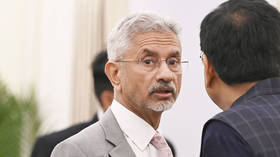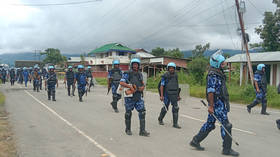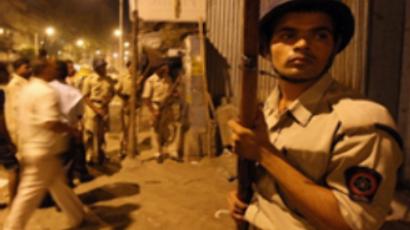Exposing the roots of terrorism
What happened in Mumbai has once again raised the issue of global terrorism and how to fight it.
History has proved that successful counter-terrorism is only half the answer. There also needs to be understanding, an ability to get inside the head of the militant.
Something that baffles non-Islamic cultures is the psychology of the suicide killer. What sorts of society or family produce sons, and sometimes daughters, who are prepared to sacrifice their own lives to kill innocent men and women?
Psychologist Diana Sigal-Hodorkovsky sees two possible roots to the phenomenon of the suicide killer: one is cultural and religious, while the other is social and historical.
“In Western culture, when a person kills himself or murders other people, he's considered sick. But in Islam, to sacrifice oneself for one’s religion or nation is very, very honourable. Also, when a child grows up in a society where he sees only war and bloodshed, he comes to think this is normal,” she says.
In this way, she suggests, the same person can be seen as a freedom fighter in one culture and as a terrorist in another.













